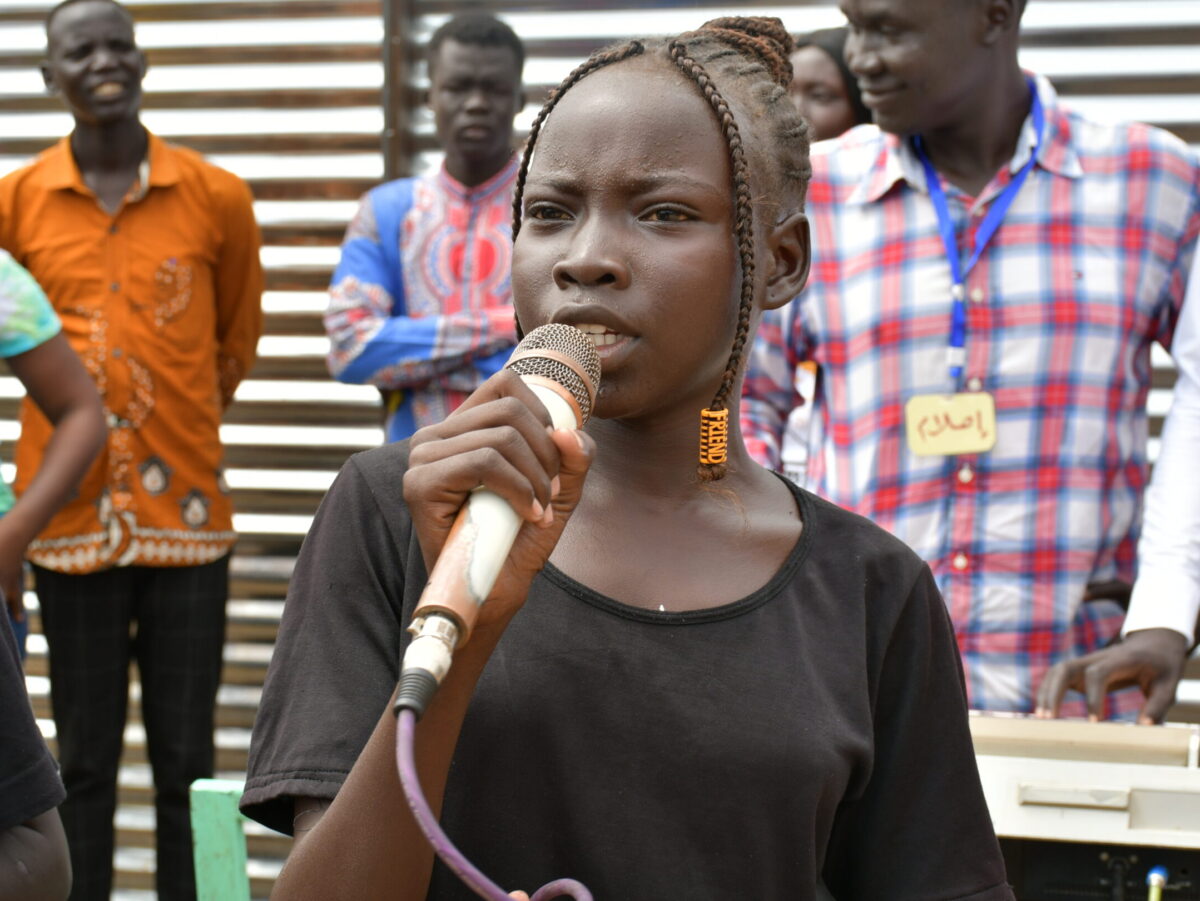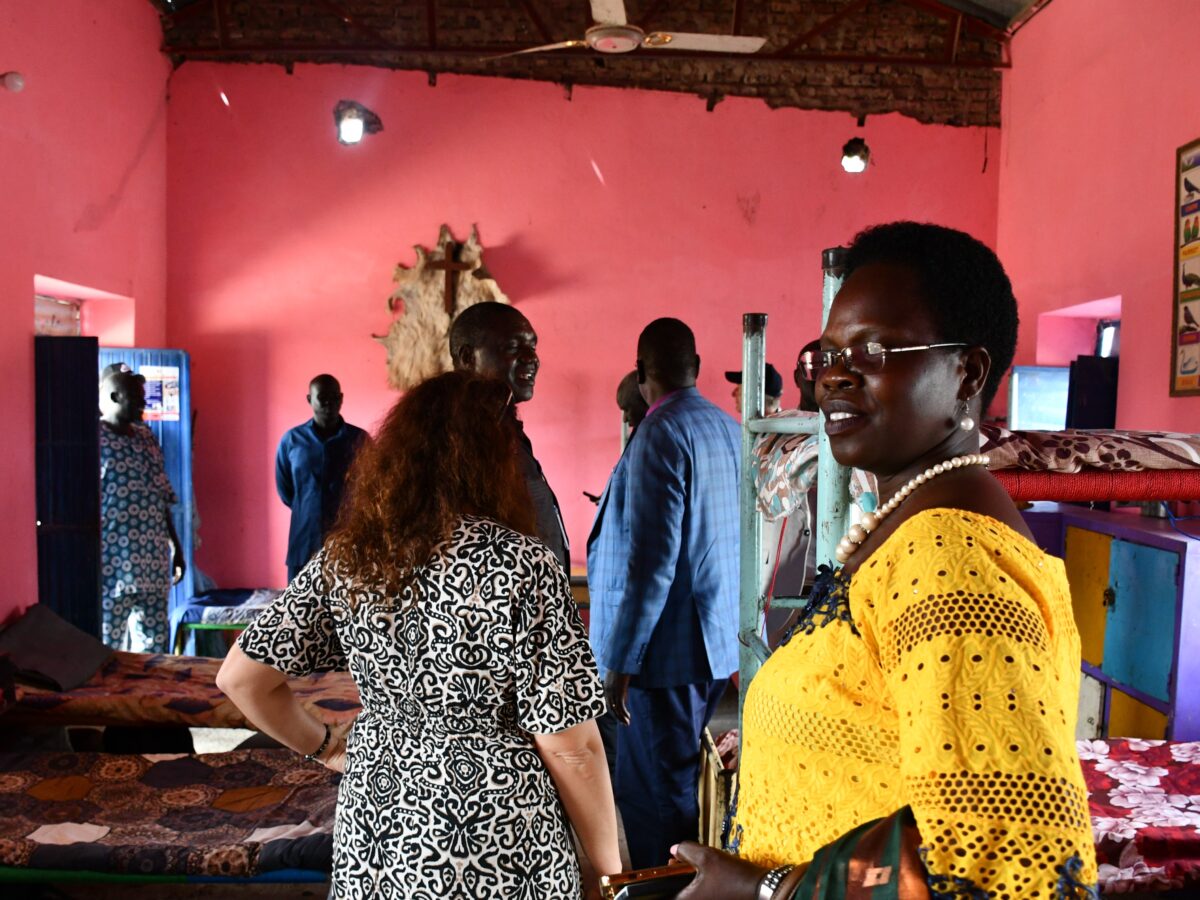Mariam Galahenga says, "The situation is bad. Our cattle are suffering, we are suffering, there is no grass and no water." She lives in Mbarali District in southwestern Tanzania. Drought is plaguing people and animals. Mariam Galahenga has high hopes for the cultivation of neem and moringa trees. They are supposed to improve the climate and provide shade.
The cultivation of the trees is part of a Projectwhich Mission 21 carries out in cooperation with the local partner church, the "Moravian Church in Tanzania.. It's still early days, with plantings moving forward in the current project phase from 2022 to 2025.
In the Mbarali district, 83 percent of the population works in agriculture, including Mariam Galahenga. However, the farming families are facing problems: Forests have been cut down to gain land. This leads to desertification in the already dry region. As fertility decreases, farmers use more agricultural chemicals, which contaminates the soil. The environmental problems are life-threatening for the population because water is scarce and harvests are poor.
Improved microclimate
Mariam Galahenga also suffers from this, but so far has had little opportunity to do anything about it. She is one of the 44 percent of the district's population who can neither read nor write. The average daily income is around 50 centimes.
Growing neem and moringa trees addresses challenges on multiple levels. Both trees thrive in hot, dry climates. The plantings counteract progressive environmental problems. They stop soil erosion and help rebuild the water table. Shade and cooling are said to improve the microclimate.
The components of the trees can be processed into products for agriculture and animal husbandry. Beneficiaries benefit by directly consuming the moringa plants and using and selling various products made from the trees. Last but not least, the environmental project is also a project to promote gender equity: women, who have less access to education and the labor market in Tanzania, take over the project management and receive education and training in agroforestry.
Text: Miriam Glass, Mission 21
The project in Tanzania is one of numerous projects worldwide with which we work for the dignity of people and the protection of the planet. Find more projects from this area at
Our magazine "begegnen" has the cover topic Climate in March.






